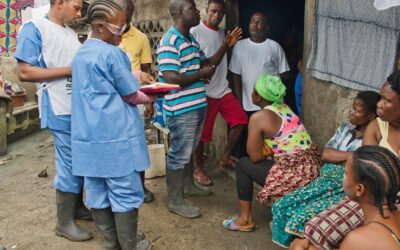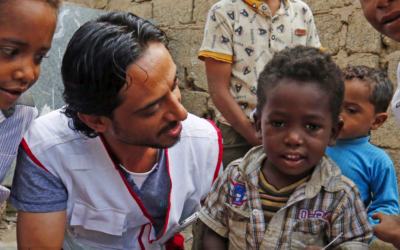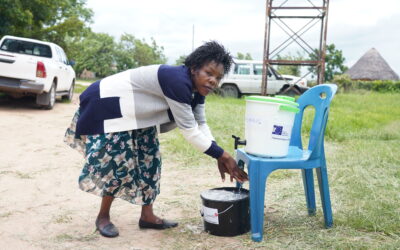For the past 2,5 years, the Collective Service has been working relentlessly to provide actors involved in the Covid-19 response with evidence-based and readily available expertise and assistance in the risk communication and community engagement domain. There is a lot of experience and many lessons learnt that we have accumulated throughout this journey of coordination, capacity building and technical support, as well as success stories and evidence that a coordinated approach to community engagement in emergency settings is an effective way to communicate with, mobilize and empower communities.
Beyond Covid-19, there are so many other emergencies and crises that would benefit from this collective approach. That is why, going forward, the Collective Service will expand its area of work beyond the Covid-19 pandemic, and provide community engagement support, resource sharing and technical assistance to public health emergencies and other crises at large. Throughout this transformation, our main priorities remain the same: you can still count on the Collective Service and its partners to support you with any data, coordination or capacity building needs as you prepare and respond to emergencies and crises on the ground.
Starting today, our website and Knowledge Hub will showcase relevant resources, information and tools across a range of public health emergencies and crises -wherever and whenever there is demand for evidence-based and coordinated expertise from partners and responders. We are just at the beginning of this exciting evolution and adapting and building up our work in this direction. We hope you can join us in this new journey and help shape it together with other partners.





